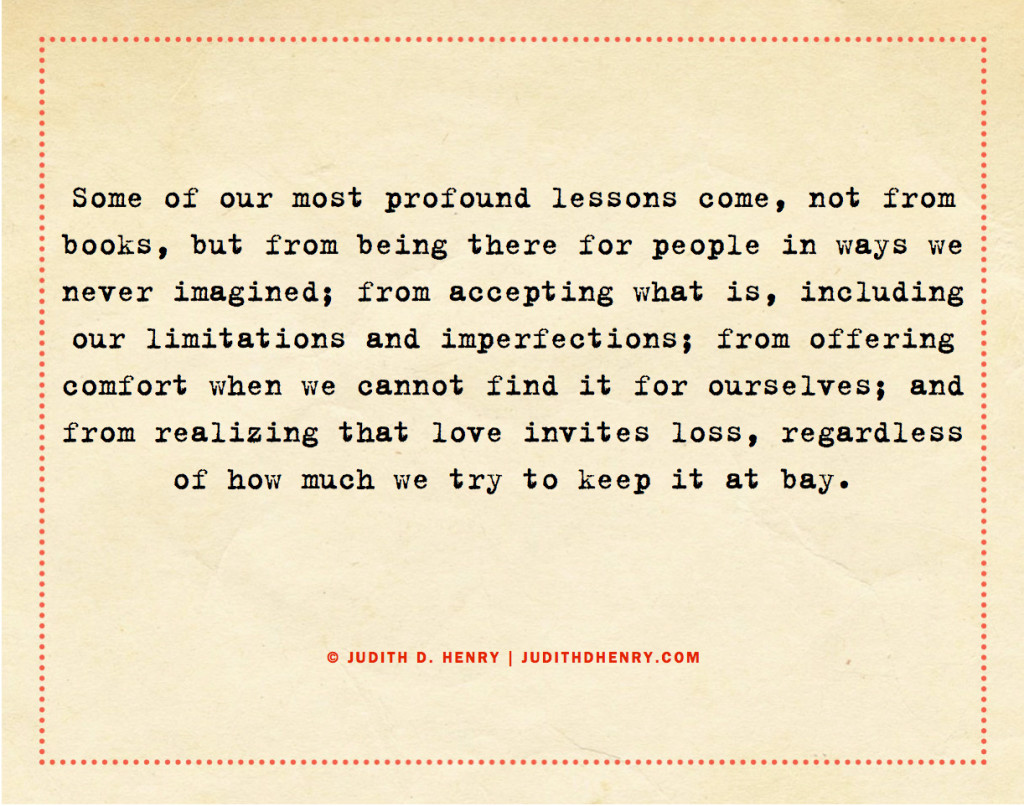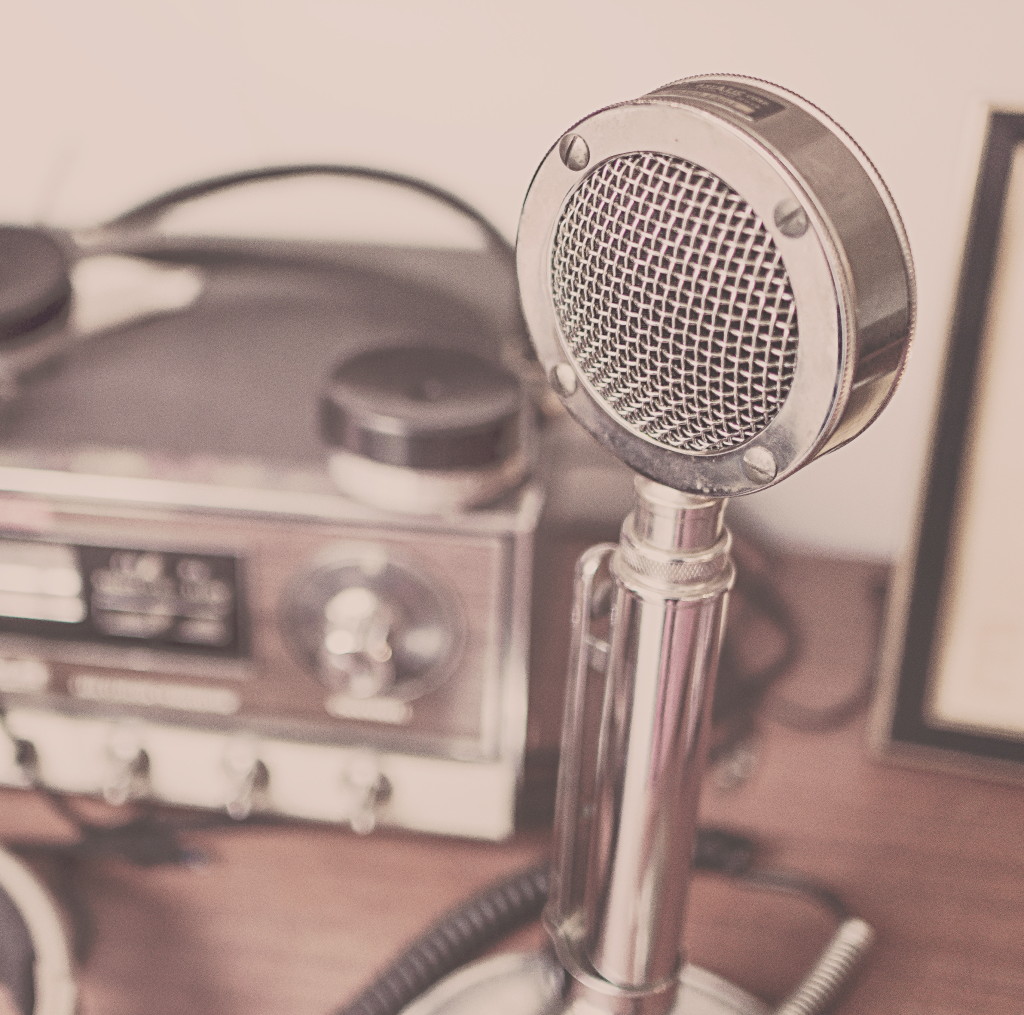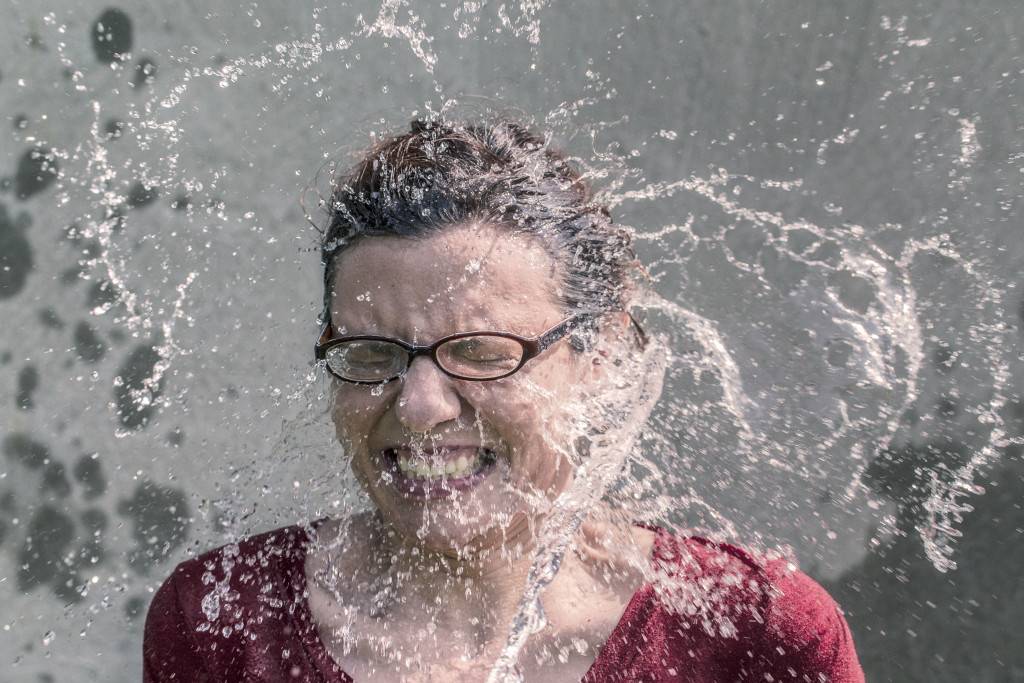Should Your Parent Have a DNR?
During the six years I cared for my mom, her trips to the Emergency Room became more frequent. Depending on the issue, the first thing out of my mouth on arrival would sometimes be, “She has a DNR on file, and I have a copy in my purse.” Sometimes, people would look at me strangely or with judgment, because they didn’t understand what was behind those words – that I loved my mother deeply, and she trusted me to make her written instructions known, regardless of how much it hurt.
How fortunate I was that both my mother and father were open to discussing and completing legal papers outlining all their end-of-life decisions, not only a DNR. Particularly during a medical crisis, it removed the burden from my shoulders of having to guess what they wanted.
Until my parents’ health began to decline, my knowledge about this document was limited. It’s clearly a very personal choice – one that should be made with an understanding of the procedures involved and their limitations. Below are answers to common questions that will hopefully aid in making an informed decision.
________________
What is a DNR? DNR stands for Do Not Resuscitate. It states that medical personnel should not perform cardiopulmonary resuscitation (CPR) if a person stops breathing or if their heart stops beating. If no DNR is in place, then any healthcare facility or personnel is legally required to attempt life saving measures.
Why is a DNR so critical? It has to do with the effectiveness of CPR procedures, which can include mouth-to-mouth resuscitation coupled with strong chest compressions, electric shock, inserting a tube into a patient’s mouth or nose to open up airways, and even open-chest heart massage. If someone is already in a compromised state of health due to age and illness, CPR can cause more harm than good. Statistics range, but all point to the fact that as we grow older and typically, more frail, the effectiveness of CPR diminishes in terms of increasing chances of survival or improving quality of life.
Is a DNR part of a Living Will? Just like a Living Will and Health Care Proxy, a DNR is considered a form of Advance Directive. It is, however, a separate document that only relates to the two specific conditions noted earlier – when a person stops breathing or goes into cardiac arrest. Like all Advanced Directives, it should be completed well ahead of a medical emergency.
Where is a DNR obtained? Considered a physician’s order, it’s important to obtain a DNR Order directly from a physician or hospital in the state your parent resides. A DNR is not valid unless signed by both your parent and the doctor. There should also be ample time given for meaningful discussion by everyone concerned, including whoever holds the position of Healthcare Proxy. If, due to illness or injury, a parent is unable to express their wishes concerning a DNR, in most cases, their Healthcare Proxy is permitted to sign instead.
Also, different states require that the form be printed on a specific color of paper prior to being signed. For example, in Florida, DNR’s must be printed on yellow paper. If not, medical personnel can actually opt to ignore this directive.
Is there only one type of DNR? In some states, a DNR that is completed in a hospital or nursing facility is not valid if a person is discharged to home care. In this case, a home DNR should also be completed and clearly placed where it can be seen by medical personnel entering the residence. Some hospitals may even require that this form be completed every time your parent is admitted. Make sure to ask for clarification.
Can a DNR be revoked? Yes, it can be recalled if your parent chooses to do so, but any facility, physician or other individual who has the DNR on file should be notified, and all existing copies destroyed.
______________
There’s no question that bringing up the subject of end-of-life choices, in general, is one of the most intimate and important talks we can initiate as family caregivers, and likely the hardest. Yet, the reality is that honoring a parent’s wishes may well be the most profound gift we can give them, and in doing so, find some measure of comfort for ourselves.




